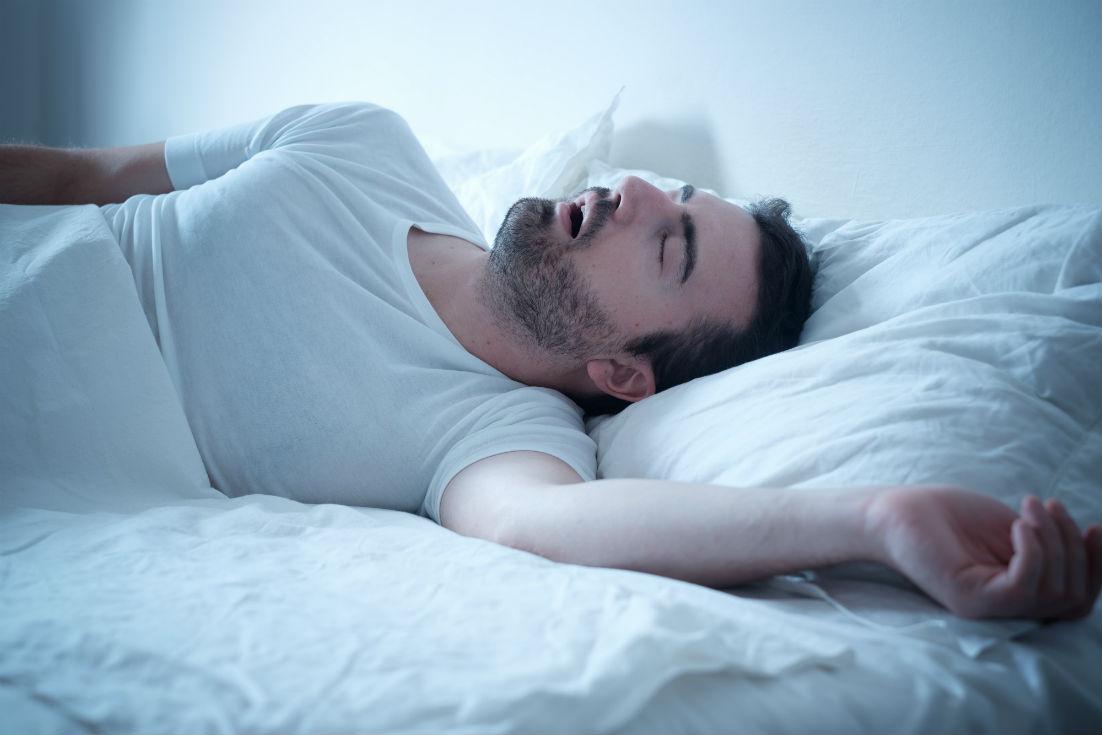Pediatric Sleep Apnea Treatment
 Although we are not a sleep clinic, there are still signs we know to look for in our practice and ways to treat sleep apnea within kids and adults. Some of the most common signs to look for with your child include snoring, bed wetting, hyperactivity during sleep, waking up drowsy, and even anxiety. These are all things that may be due to the lack of oxygen flow, which often relates to an obstructed airway. We do not diagnose this, but we can refer you to someone who can screen your child for sleep apnea. Orthodontics can aid in treating this by opening up the airway, which allows for more oxygen to the brain and improved sleep. Adult intervention often requires a device or potential surgery, so we recommend going to a sleep doctor for a diagnosis prior to starting orthodontic treatment.
Although we are not a sleep clinic, there are still signs we know to look for in our practice and ways to treat sleep apnea within kids and adults. Some of the most common signs to look for with your child include snoring, bed wetting, hyperactivity during sleep, waking up drowsy, and even anxiety. These are all things that may be due to the lack of oxygen flow, which often relates to an obstructed airway. We do not diagnose this, but we can refer you to someone who can screen your child for sleep apnea. Orthodontics can aid in treating this by opening up the airway, which allows for more oxygen to the brain and improved sleep. Adult intervention often requires a device or potential surgery, so we recommend going to a sleep doctor for a diagnosis prior to starting orthodontic treatment.
Schedule A Sleep Apnea Consultation
Dr. Ammar has extensive experience evaluating and treating symptoms of sleep apnea. He attended a cutting-edge institution where they were pioneers in using different types of expanders to help treat sleep apnea and reduce symptoms such as snoring and drowsiness. His thorough review of patient history and experience with different treatment modalities have him recognized as an elite orthodontist in Northern Virginia for airway-related orthodontics.
FAQ's
What helps with sleep apnea?
Traditional sleep apnea treatment may involve wearing CPAP (Continuous Positive Airway Pressure) mask, but as this may be uncomfortable for some, there are easy-to-do home remedies that can help with this condition. Most of which are making adjustments to your lifestyle such as:
- Changing your sleep position, such as by sleeping on your side
- Making healthier choices such as by cutting down on alcohol and smoking
- Going to the gym regularly
- Using a humidifier
We also have a way of treating this orthodontically by opening up the airway that will allow smooth passage of oxygen towards the brain. This is guaranteed to improve the quality of your sleep.
If I snore, do I have sleep apnea?
It’s a possibility since this is a primary symptom and it comes hand-in-hand with sleep apnea. As a snore gets louder, the chances of sleep apnea are higher. However, it’s also important to note that not all who snores have this condition.
What are some risk factors for sleep apnea?
Some well-known risk factors are:
- Narrowed airway
- Nasal congestion
- Excess weight
- Certain medical conditions like diabetes, Parkinson’s Disease, and congestive heart failure
- Thicker neck circumference
I'm not overweight. Could I still have sleep apnea?
Yes, anyone can develop sleep apnea, whether children or adults. Certain factors tend to increase the risk, such as those we have mentioned previously.
How is sleep apnea diagnosed?
The doctors will make evaluations based on your sleep history. Depending on your findings, they may refer you to a sleep specialist that can help address your sleep issues.

